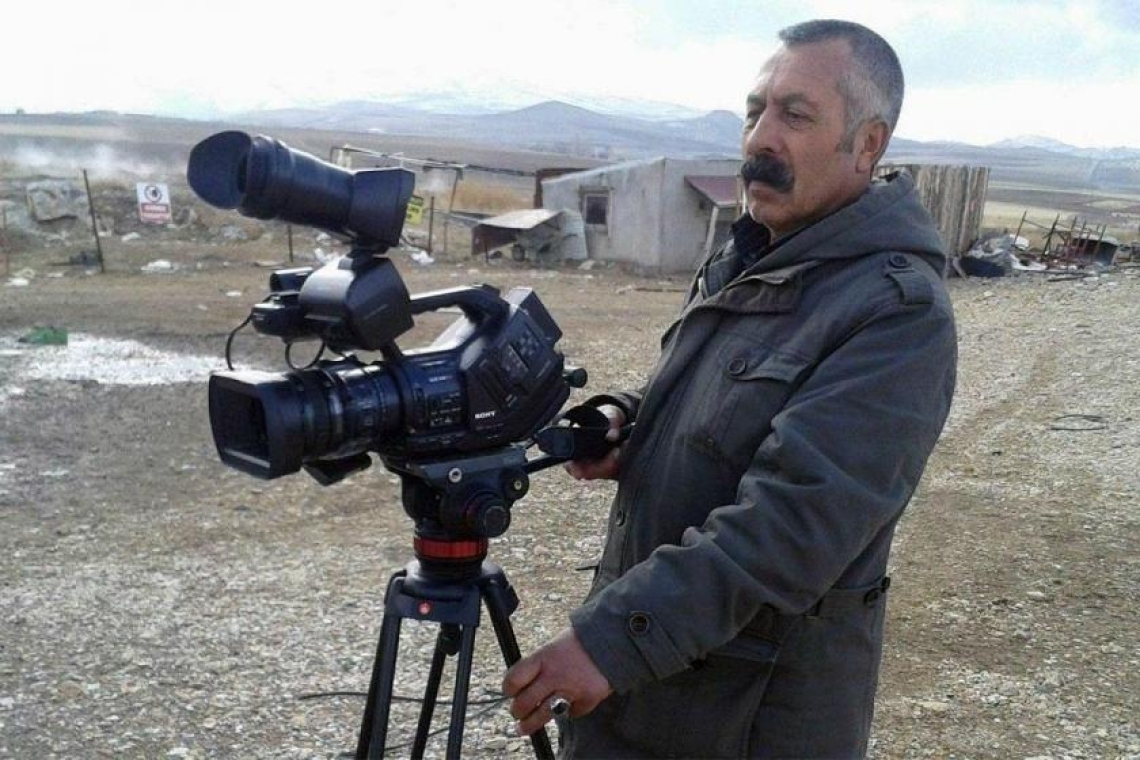Journalist Abdullah Kaya, a former reporter for the now-closed Dicle News Agency (DİHA), is facing a new trial based on social media posts from 2014. Kaya, who has been accused of “membership in a terrorist organization” and “spreading terrorist propaganda,” appeared before the Ağrı 2nd High Criminal Court in a hearing where the court decided to merge this case with an ongoing trial against him.
Legal proceedings and allegations
Kaya, represented by the Media and Law Studies Association (MLSA), participated in the hearing remotely via SEGBİS (a video conferencing system) from Diyadin Criminal Court, while his attorney, Muhammed Ünsal, was present in the courtroom. The court noted that the indictment, prepared by the Ağrı Chief Public Prosecutor's Office in 2024, had been recently sent and recorded as a separate case. However, due to the legal and factual connections, the court decided to merge the cases.
Kaya’s defense statement
In his defense, Kaya rejected all charges, asserting his journalistic role:
"I am a journalist, and I reject the accusations against me. No journalist refrains from publishing their own reports. Journalism involves entering various places and reporting freely; this is not a crime. I manage the Facebook account in question, and the posts cited in the indictment fall within the scope of press freedom. I have no links to any organization, nor did I intend to spread propaganda. I request acquittal."
When questioned by the court about specific images he shared, Kaya clarified that the visuals were related to his news reports and posts from other sources.
Concerns over virtual patrol evidence
Attorney Muhammed Ünsal pointed out irregularities in the investigation, emphasizing that the charges stemmed from a virtual patrol report. He noted that the Constitutional Court had previously annulled the authority for law enforcement to conduct virtual patrols on social media. Ünsal argued that the investigation was thus flawed from the outset. He also highlighted that Kaya's posts did not contain any violence, force, or threats, which the Court of Cassation has stated are necessary elements for “propaganda” charges.
Court’s interim decision
The court ruled to inquire about the status of another case against Kaya, currently under appeal at the 3rd Criminal Chamber of the Court of Cassation. It also instructed that Kaya be present via SEGBİS for the next hearing. The trial was adjourned to Jan. 30, 2025.
Background and implications
This case highlights ongoing concerns about press freedom in Turkey, where journalists often face retrospective charges for their reporting or social media activity. DİHA, where Kaya formerly worked, was closed by an emergency decree following the 2016 coup attempt, part of a broader crackdown on media critical of the government. The use of Turkey’s “anti-terror” laws against journalists has drawn widespread criticism from international human rights organizations.



